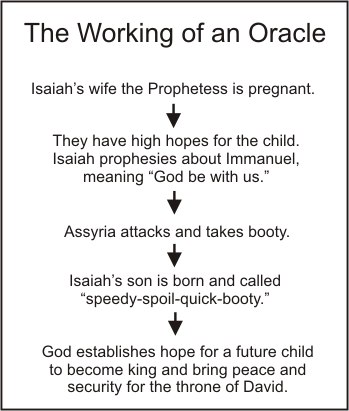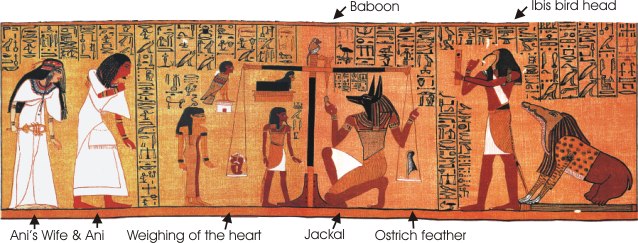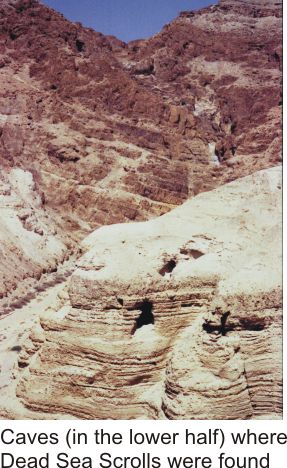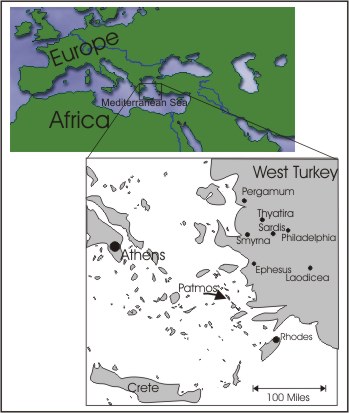
Home - Intro - Table of Contents - Hinduism - Buddhism - China - Islam
Judaism - Aaron's Travels/Studies - Bibliography - Index - Bookstore
These excerpts come from the section on Christianity. The prior section on
Judaism provides a spiritual and historical foundation for Christianity. Charts,
photos and quotes are from pages 160-161, 164-165, 172-173, and 214 of my
book, Love Your Neighbors? Discover the real world religions. Feel free
to visit other the sections and discover more of the real world
religions.
_________________________________
When reading scripture I seek to understand the process of God’s
inspiration within the historical context. During Isaiah’s time the kingdom of
Israel (known as Samaria) would be defeated, exiling numerous inhabitants. The
kingdom of Judah would also suffer. ...
Interpreting signs in a positive
way could bolster hopes and provide a good oracle. If events turned contrary to
those hopes, a negative implication and interpretation was provided. With his
wife’s power as a prophetess, they probably had high hopes for the birth. It was
possible and even probable that Isaiah’s hopes played into the prophecies of
Immanuel. Unfortunately circumstances proved otherwise. “Yahweh said to me,
‘Take a large seal and scratch on it in ordinary writing
MAHER-SHALAL-HASH-BAZ.’” Translated, this means “Speedy-spoil-quick-booty.”
Isaiah continued: “I went to the prophetess, she conceived and gave birth to a
son. Yahweh said to me, ‘Call him Maher-shalal-hash-baz, for before the child
knows how to say father or mother, the wealth of Damascus and the booty of
Samaria will be carried off before the king of Assyria.” (Isaiah 8)

[The Book of Isaiah can be complicated, yet events must be
interpreted from a spiritual and historical context. Historical documents and
archaeological evidence from Egyptians, Assyrians, Persians (Cyrus the Great),
Greeks (Alexander the Great and others), Romans and much more are traced
throughout this section.]
_________________________________
Prior poetic oracles from Isaiah were probably copied and
elaborated more than a hundred years after Isaiah, during the Jew’s exile in
Babylon. The optimism in the Book of Isaiah seemed to correlate to Babylon’s
destruction and the release of the Jews around 537 BCE. These sections appear
more accepting of spiritual wisdom gained from ancient Egypt.
"Do not be afraid, for I have redeemed you; I have called you by your name, you are mine. ... For I am Yahweh, your God, the Holy one of Israel, your savior. I give Egypt for your ransom ... The wild beasts will honor me, jackals and ostriches, because I am putting water in the wilderness to give my chosen people drink.” (Isaiah 43:1,3, 20)
The jackals and ostriches are significant clues directly related to the Egyptian Book of the Dead concerning an afterlife or resurrection. Although the “jackals and ostriches” might have been lost through various English translations, an original text appears to preserve these names. In the ancient Egyptian religion one of the most significant scenes after death concerned the judgment of the dead. The heart of the deceased was weighed against an ostrich feather representing justice or Maat. The jackal-headed Anubis checked the accuracy of the balance. Other wild beasts were also represented. The scribe Thoth who recorded the name in a Book of Life was represented with the head of an Ibis bird. At the top the balancing scale was another representation of the scribe Thoth squatting as a baboon (see the picture). ...

[In the book you will learn more about why scholars consider
second and third parts of the Book of Isaiah, Deutero- and Trito-Isaiah. You'll
discover pertinent Egyptian texts, from chapters in the Egyptian Book of the
Dead to a prayer from the pharaoh Akhenaten, who caused a religious
revolution in the 1300's BC.
The next quotes will move up to the time of
Jesus and the Dead Sea Scrolls, found in Qumran near the Dead Sea. After this
you can discover the intense times after the complete destruction of Jerusalem.]
_________________________________

Parts of the Dead Sea Scrolls clearly refer to some Jewish beliefs during the time of Jesus.
For the hea]vens and the earth shall listen to His Messiah ... For He will
honor the pious upon the th[ro]ne of His eternal kingdom, setting prisoners
free, opening the eyes of the blind, raising up those who are bo[wed down]. ...
And the Lord shall do glorious things which have not been done, just as He said.
For He shall heal the critically wounded, He shall revive the dead, He shall
send good news to the afflicted ... He shall lead the [ ... ], and the hungry He
shall enrich ... (4Q521 2 & 4.ii. 1, 7-8, 10-13)
_________________________________
The doors of fellow Jews seemed open at first, but disagreement
and persecution changed things after many Jews accepted the military man Bar
Kokhba as the Messiah. Through John the Revelator, the real Messiah would reveal
the truth.
"These are the words of him who is holy and true, who holds
the key of David. What he opens no one can shut, and what he shuts no one can
open. I know your deeds. See, I have placed before you an open door that no one
can shut. I know that you have little strength, yet you have kept my word and
have not denied my name. I will make those who are of the synagogue of Satan,
who claim to be Jews though they are not, but are liars — I will make them come
and fall down at your feet and acknowledge that I have loved you. Since you have
kept my command to endure patiently, I will also keep you from the hour of trial
... " (Revelation 3:7-10)

[The section on Christianity is filled with many treasures to discover. A
chapter in "The Spiritual Depth of Jesus" offers some profound insight
concerning the spiritual power of Christianity.]
Home - Intro - Table of Contents - Hinduism - Buddhism - China - Islam
Judaism - Aaron's Travels/Studies - Bibliography - Index - Bookstore